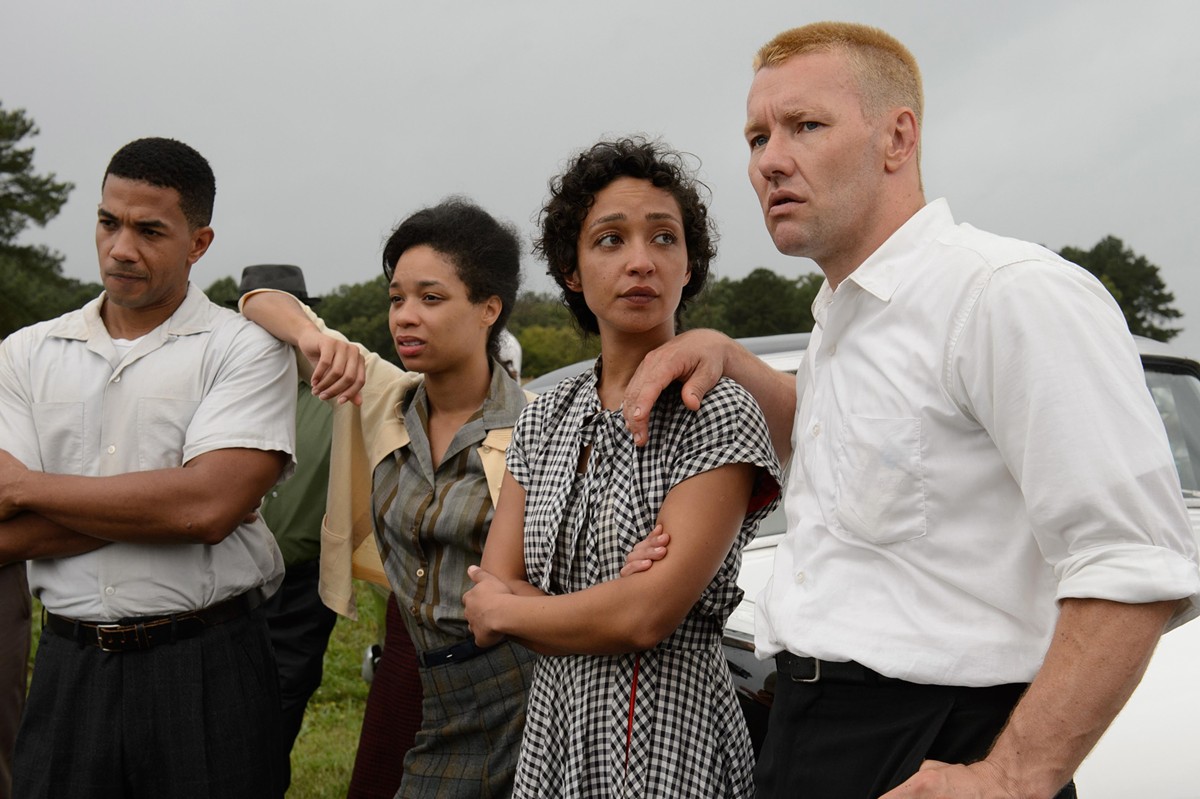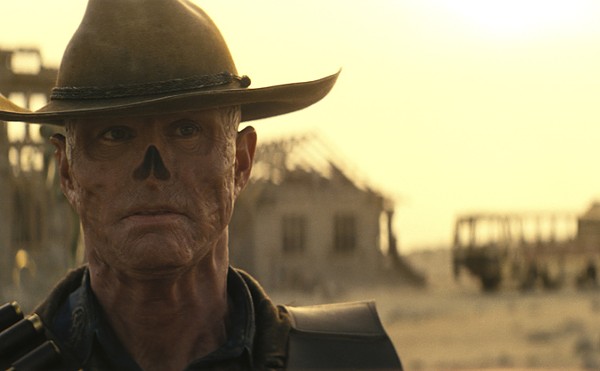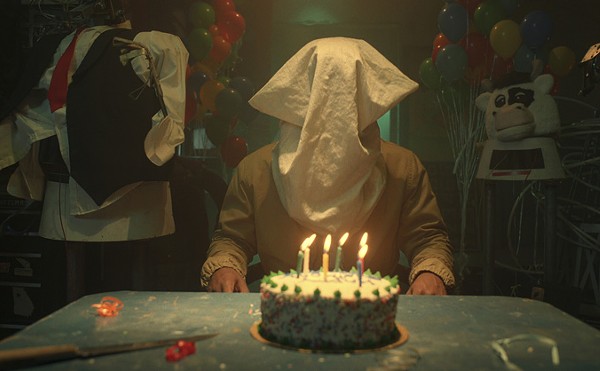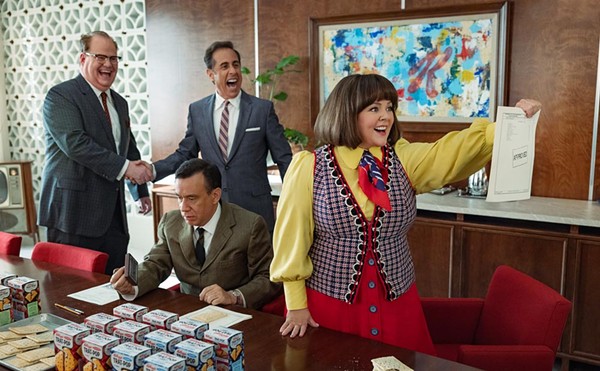It's easy to critique overwrought emotions in movies about racial tension because they – both the movies and the emotions – are plentiful. Loving, however, has the opposite problem: It's so subtle and quiet that it's underwhelming. Thankfully, strong lead performances from Joel Edgerton and Ruth Negga, as well as a very timely social message, make this a civil rights lesson worth seeing.
Director Jeff Nichols (Mud), who also wrote the screenplay, tells the true story of Richard and Mildred Loving, who were married in Washington, D.C., in 1958. They are a loving couple who want to live peacefully on the acre of land he just bought for them. The problem is they live in Virginia, where it is illegal for the white Richard (Edgerton) to be married to the black Mildred (Negga). They are arrested, and told it is "God's law" that they remain separate.
A decade-long legal battle that ends at the Supreme Court ensues, and through it all the Lovings want nothing to do with it. They want to be married and live in their home in Virginia, sure, but they have no interest in the lawsuit, the press, public interest or even other civil-rights issues (at least, none are shown). They are simple people who want to be left alone with their three children, and it's striking that this right is denied to them for so long.
A different movie, one obsessed with the aforementioned histrionic emotions, would've made this as much of a legal drama as it is a love story (if not more). So it's a curious decision for Nichols to focus on the quieter aspect – the couple – rather than the more dramatic one: the civil rights battle. (It's apropos to note that the Supreme Court's 1967 decision on Loving v. Virginia was influential in last year's Court decision to legalize gay marriage.) In doing so, Nichols makes us privy to the social dynamic of Richard and Mildred's family, almost all of whom are readily accepting of his unabashed love for Mildred. It also leads to an interesting conversation late in the film in which it's pointed out that Richard ironically wants to be black, while (to paraphrase) many blacks at this time wish they were white.
Edgerton is superb as Richard, a hard-working, dedicated and loving man who does whatever he can to make his wife happy, even when it endangers them both. He doesn't say much, but Edgerton effectively conveys an inner strength that never allows us to doubt the solidarity of the marriage. As Mildred, Negga is similarly quiet, but Mildred is also smarter than Richard, and realizes the press can be an asset in helping them live freely in Virginia, so she makes use of it when it's advantageous to them. She also pulls the strings in the house; he may be the breadwinner, but Negga's calm and assured demeanor leaves no doubt that Mildred's the one making the big decisions.
Nichols specializes in suburban dramas (Take Shelter, Shotgun Stories) that allow the acting and screenplay to carry the load. To be sure, that's the case in Loving as well, and it is a solid drama – but you can't help but wish at least some of it was depicted in a more dynamic and interesting way.
3 out of 5 stars

















